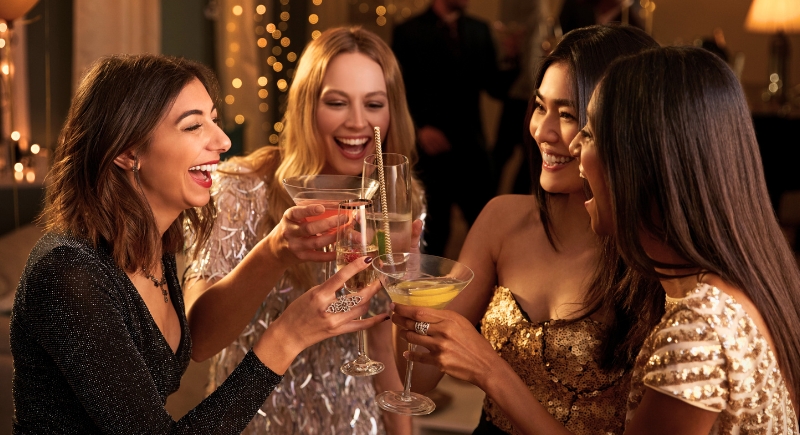Why Has the World Stopped Buying Champagne?
Champagne has long been the drink of choice for celebrations. Weddings, New Year’s Eve, job promotions, you name it. Popping open a bottle of bubbly has been a universal way to mark special moments. However, global sales for this bubbly drink have seen a significant drop. This shift begs the question: Why has the world stopped buying champagne?
In 2024, global shipments of champagne plummeted by 9.2%, a decrease driven mainly by rising inflation and economic instability. In France, the heart of champagne production, sales fell by 7.2%, and exports dropped by 10.8%. Even LVMH, the luxury conglomerate behind some of the world’s most famous brands like Moët & Chandon and Dom Pérignon, reported a 12% drop in its sales. As per LVMH’s CFO, the demand issue is linked to the current global climate, with people finding less cause to celebrate amid the chaos of world events.
Price of Champagne and the Rise of Alternatives
While celebrations may be fewer, there’s another factor at play: the price of champagne. The cost of a bottle can range from $60 to several thousand dollars, depending on the brand. For many, these luxury items simply don’t fit into a tighter budget. As inflation continues to drive up the cost of everyday essentials, spending on an expensive bottle of bubbly becomes less appealing.
Consumers are also looking for alternatives that offer similar experiences at a fraction of the cost. Sparkling wines, particularly prosecco, have become increasingly popular due to their lower price point and improved quality. In fact, many sparkling wines produced outside the Champagne region of France taste nearly similar, and they’re far more affordable.
Changing Celebrations and Consumer Sentiment

Image via Canva/Monkey Business Images
The way people celebrate is shifting. Inflation, political unease, and constant bad news have made many more cautious about spending, even on moments that once called for champagne.
Industry observers say the mood plays a role. Sean Goldsmith of The Zero Proof notes that events like elections or global uncertainty can cause people to hold back. Therapists add that alcohol can amplify stress and anxiety, which is leading some to step away from it altogether.
Younger generations are driving much of this change. Gen Z, in particular, is focused on wellness and moderation, with surveys showing more than half plan to cut back on drinking. Many are reaching for non-alcoholic sparkling options instead—still celebratory, but without the cost or the hangover.